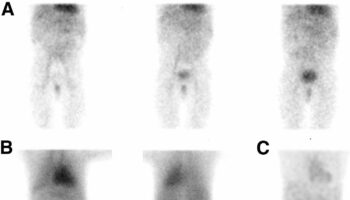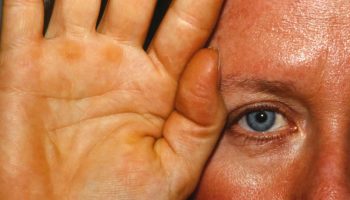What is borborygmi
Borborygmi is a rumbling or gurgling noise made by the movement of fluid and gas in the intestines. Borborygmi in the absence absence of diarrhea or other significant symptoms are normal phenomena of no medical significance. Their harm is embarrassment, a social rather than a medical affliction.
While there are occasions where observers agree that a person’s bowel sounds are hyperactive, the threshold of abnormality is indistinct. There is much individual variation, and even ingestion of a large amount of fluid can result in loud tummy gurgling.
Diet may help if you have lactose intolerance or you consume excessive amount of fructose or the artificial sweetener (and also laxative) sorbitol. These are commonly present in diet gums, candies, and preserves. Excessive amounts of these sugars (not just one stick of diet gum) may cause diarrhea, flatus, and increased intestinal noise.
Borborygmi are normal. But if, despite these explanations, you feel that your bowels’ noises are interfering with your enjoyment of life, you should discuss the problem with your family doctor.
Borborygmi causes
Borborygmi are often noted by an examining physician to be hyperactive when the patient is experiencing diarrhea. The increased peristaltic movement of the intestines coupled with increased net intestinal accumulation of fluid and gas amplify the sounds of watery stool splashing through the gut.
Certain malabsorption states are associated with exaggerated bowel sounds. For example, in lactose intolerance, reduced small intestinal levels of the enzyme needed to digest the milk sugar lactose, permits that sugar to reach the colon intact where it is fermented by colon bacteria.
These organisms release hydrogen and products that attract fluids into the gut and stimulate its contractions. These amplify the three conditions that produce abdominal sounds: gut movement, gas, and fluid.
Another example of malabsorption is that occurring with celiac disease.
A more serious instance of borborygmi or hyperactive bowel sounds occurs in incomplete mechanical obstruction of the gut. In this emergency situation, increased intestinal contractions attempt to force solids, liquids, and air through a narrowing of the intestine producing very loud sounds, often in high-pitched peristaltic episodes. When obstruction occurs, illness is obvious and the patient suffers severe abdominal pain and malaise.
Borborygmi treatment
There is no specific treatment for borborygmi. They may accompany common disturbances of intestinal function such as dyspepsia or irritable bowel syndrome. If diarrhea is present, or malnutrition/malabsorption is suspected, a doctor should be consulted.
Too much of certain sugars may cause borborygmi or noisy tummy. Try reducing the amount of fructose and sorbitol that you eat.
Fructose, naturally present in onions, artichokes, pears, and wheat, is also used as a sweetener in some soft drinks and fruit drinks.
Sorbitol, found naturally in fruits, including apples, pears, peaches, and prunes, is also used as an artificial sweetener in many dietetic foods and sugar-free candies and gums.





